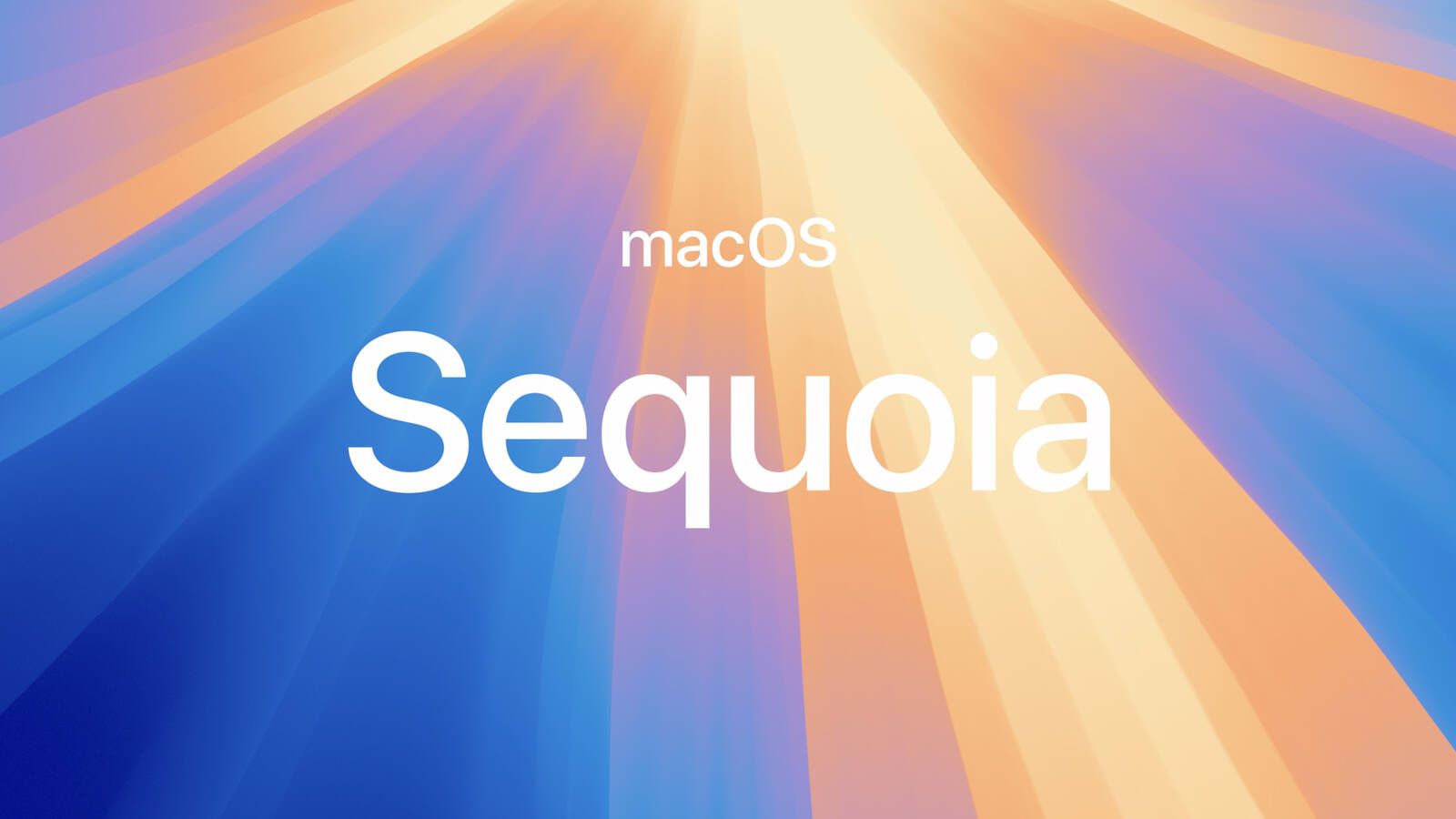Apple Inc. is currently engaged in critical negotiations with the European Union (EU) to address concerns regarding its App Store practices. This move aims to prevent escalating fines under the EU’s Digital Markets Act (DMA), a regulatory framework designed to promote fair competition in the digital marketplace.
Background on the Digital Markets Act
The DMA, enacted to curb monopolistic behaviors by major tech companies, imposes strict guidelines to ensure a level playing field. Companies designated as gatekeepers are required to comply with these regulations or face substantial penalties. Apple, with its significant influence in the app distribution sector, falls under this category.
Initial Fines and Compliance Deadline
In April 2025, the European Commission fined Apple €500 million for restricting app developers from directing users to alternative purchasing options outside its App Store. This practice was deemed a violation of the DMA’s provisions aimed at enhancing consumer choice and fostering competition. Apple was given a 60-day period to rectify these issues, with the deadline set for June 26, 2025. Failure to comply could result in daily fines of up to 5% of Apple’s global daily revenue.
Key Issues Under Negotiation
Central to the ongoing discussions are two primary concerns:
1. Steering Restrictions: Apple’s existing policies prevent developers from informing users about alternative purchasing methods, such as external websites offering the same services at potentially lower prices. The EU argues that these restrictions limit consumer choice and stifle competition.
2. Core Technology Fee: Apple imposes a fee on developers for app installations exceeding one million per year. This fee has been criticized for placing an undue financial burden on developers, particularly smaller ones, and potentially discouraging innovation.
Potential Concessions by Apple
To align with the DMA and avoid further penalties, Apple is reportedly considering several changes:
– Relaxing Steering Restrictions: Allowing developers to communicate freely with users about alternative purchasing options, including directing them to external websites for transactions. This change would empower consumers with more choices and potentially better pricing.
– Revising the Core Technology Fee: Modifying or eliminating the fee structure for high-volume app installations to alleviate financial pressures on developers and encourage a more diverse app ecosystem.
Broader Implications and Industry Reactions
Apple’s negotiations with the EU are part of a larger trend of regulatory scrutiny faced by major tech companies worldwide. Similar actions have been taken against other industry giants:
– Meta Platforms Inc.: In April 2025, Meta was fined €200 million for its consent or pay model, which was found to infringe on users’ rights to freely consent to data usage.
– Google: The company has faced investigations under the DMA for practices related to its search engine and advertising services.
These regulatory actions underscore a global movement towards holding tech companies accountable for practices that may hinder competition and limit consumer choice.
Apple’s Previous Compliance Efforts
In response to the DMA, Apple has already implemented several changes:
– Allowing Third-Party App Stores: For the first time, Apple permitted the installation of third-party app stores on iOS devices within the EU, providing users with alternative sources for app downloads.
– Alternative Payment Systems: Developers were granted the ability to use payment systems other than Apple’s, potentially reducing transaction fees and offering more flexibility.
– Reduced Commissions: Apple lowered its commission rates for in-app transactions, aiming to address concerns about its fee structures.
Despite these efforts, the EU has indicated that further adjustments are necessary to fully comply with the DMA.
Potential Impact on Consumers and Developers
If Apple proceeds with the proposed changes, the implications could be significant:
– For Consumers: Increased transparency and more purchasing options may lead to better deals and a more competitive marketplace.
– For Developers: Greater freedom to communicate with users and reduced financial burdens could foster innovation and diversity within the app ecosystem.
Conclusion
As the June 26 deadline approaches, the outcome of Apple’s negotiations with the EU will be pivotal. The tech giant’s willingness to adapt its App Store policies could set a precedent for how major technology companies operate within regulatory frameworks designed to promote fair competition and consumer choice.



